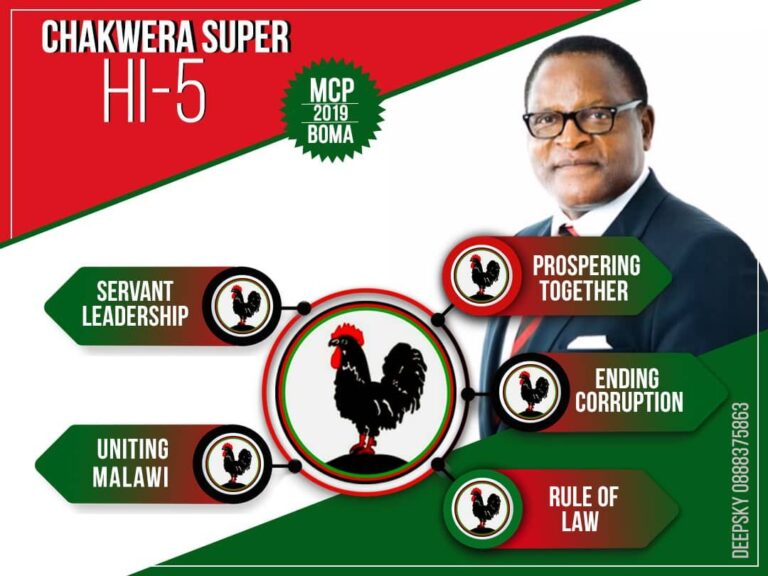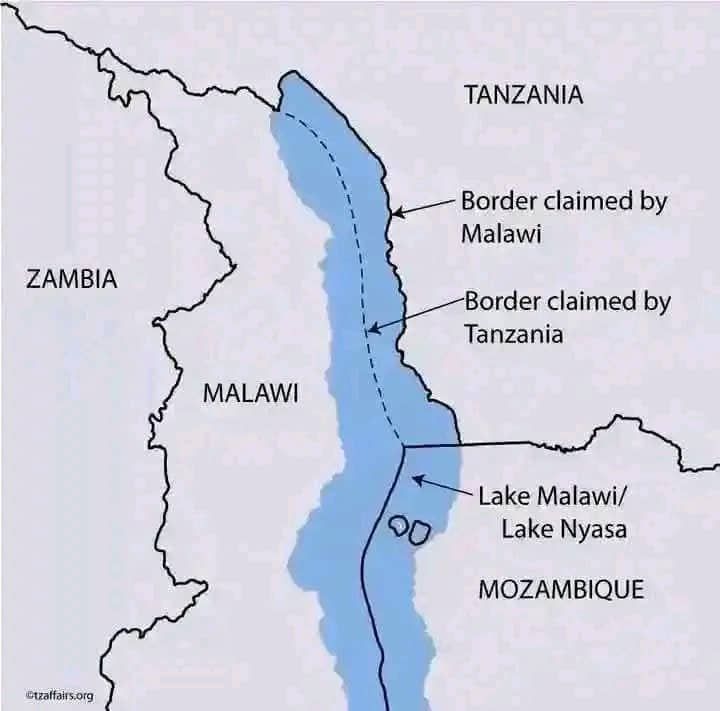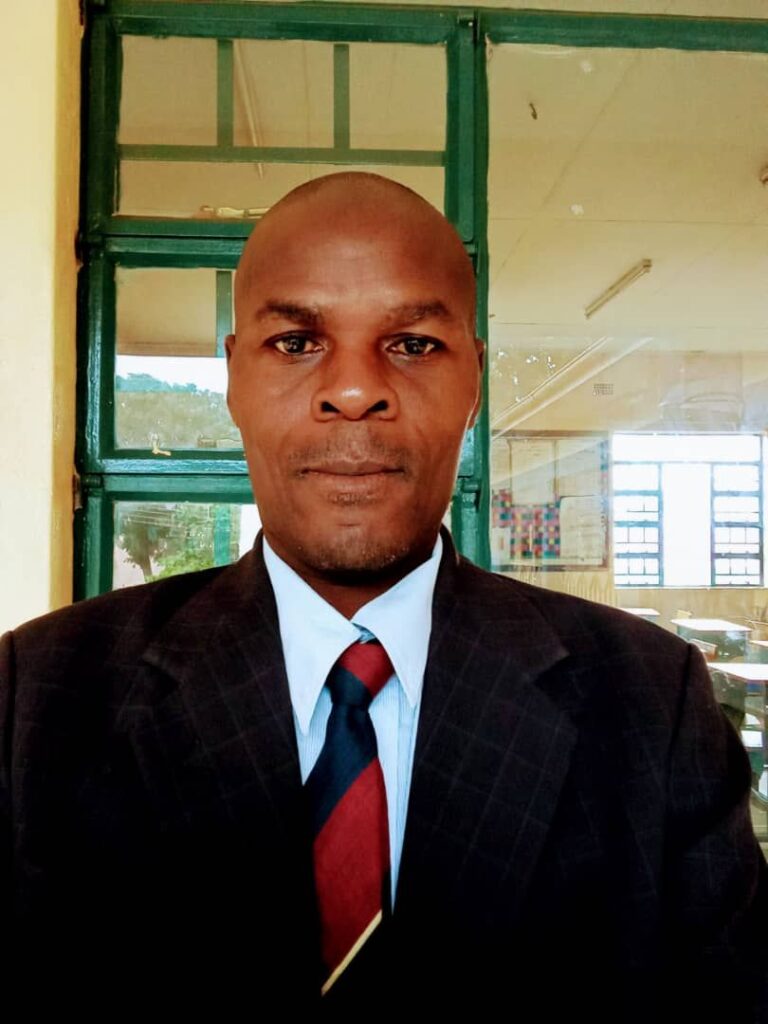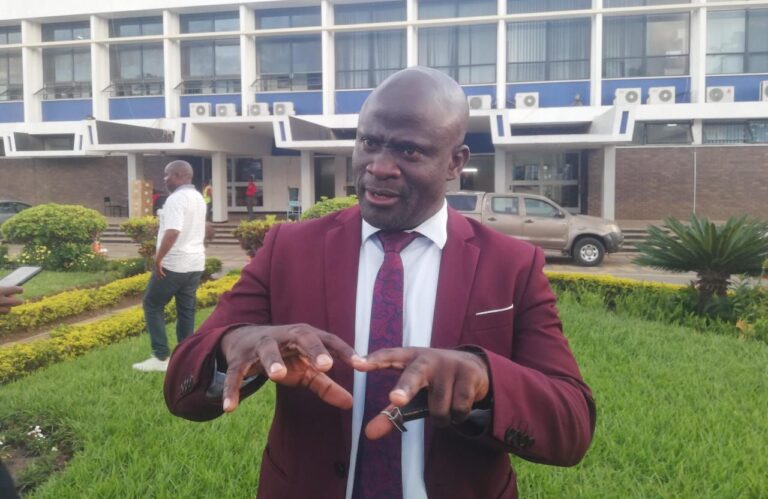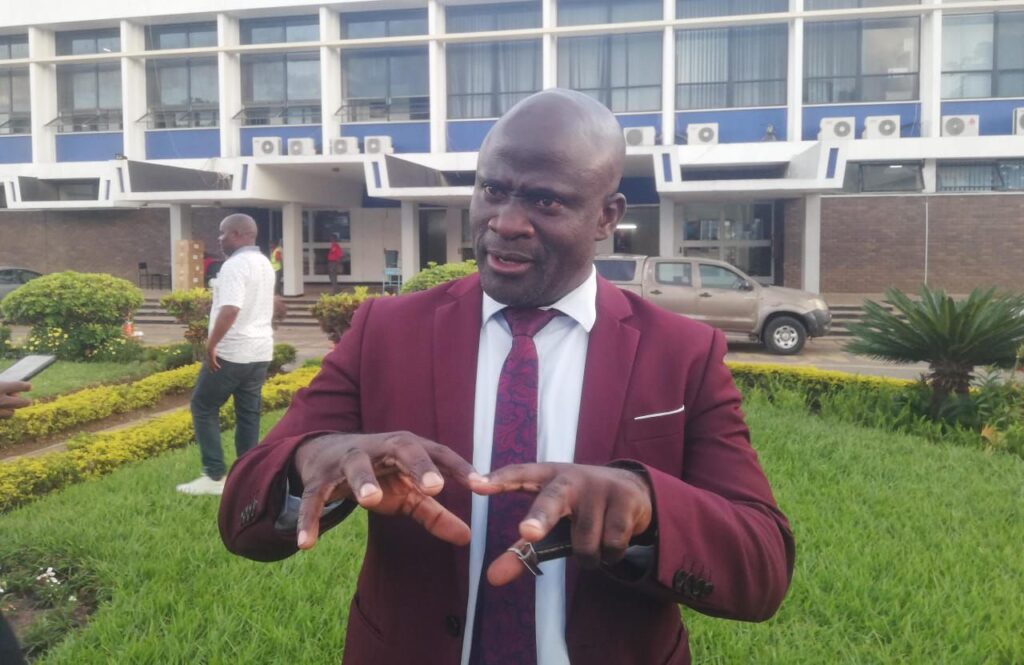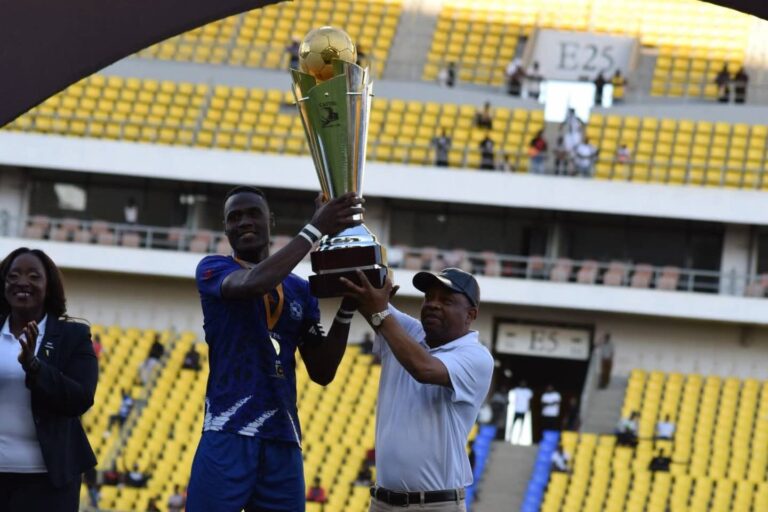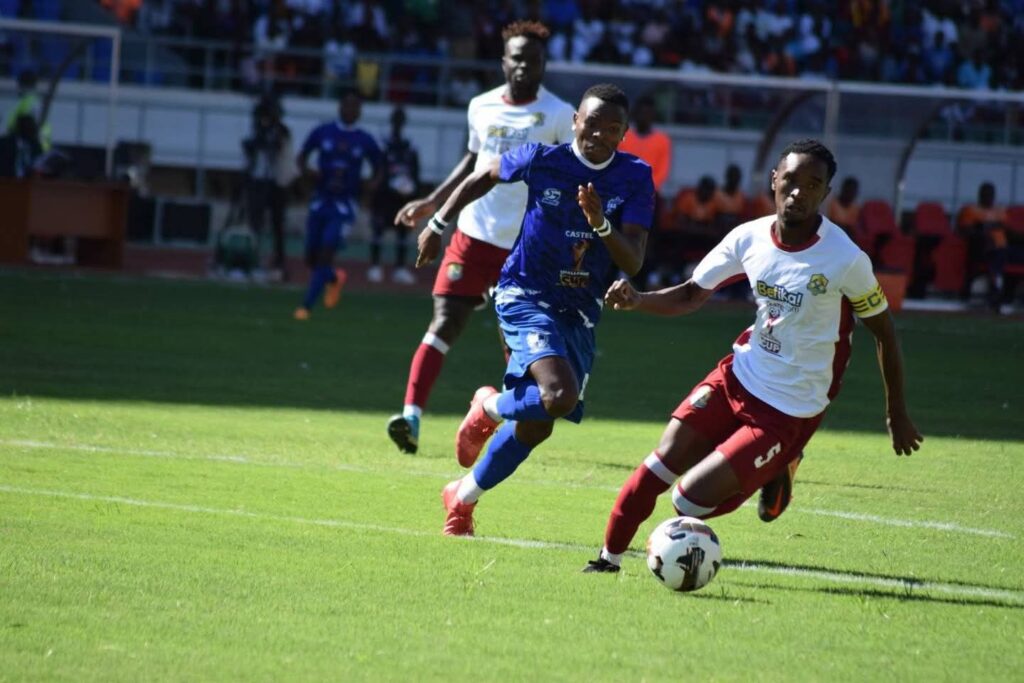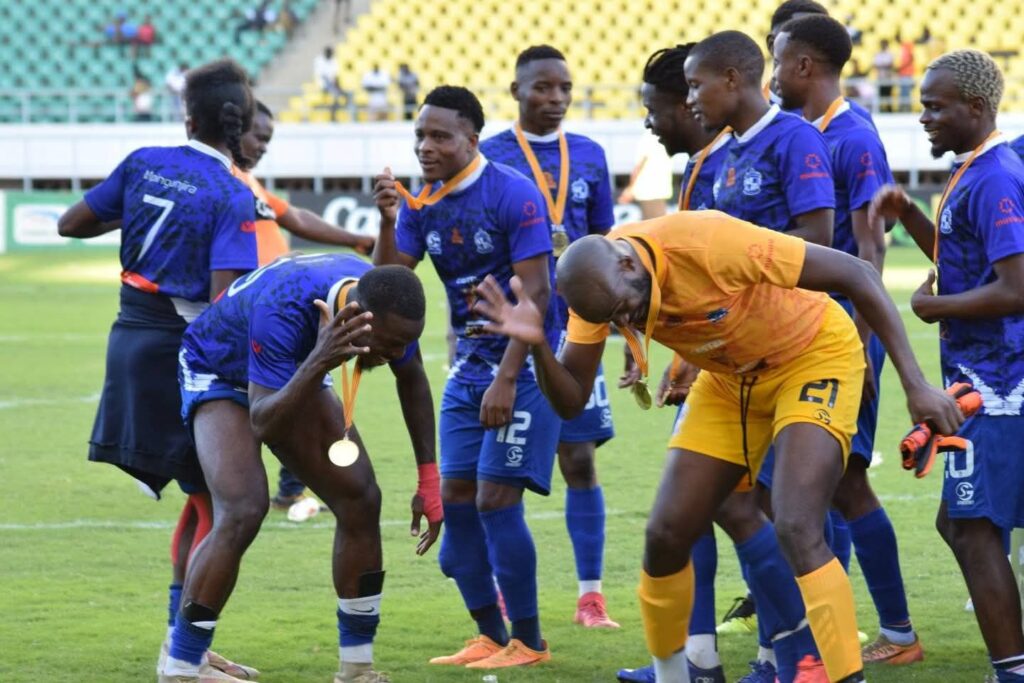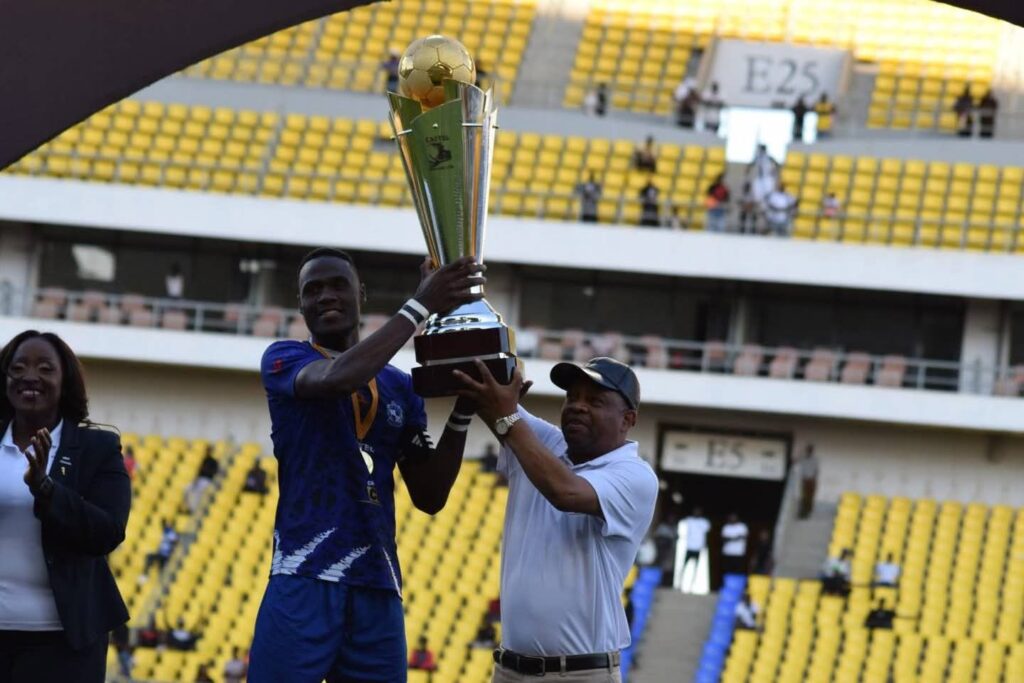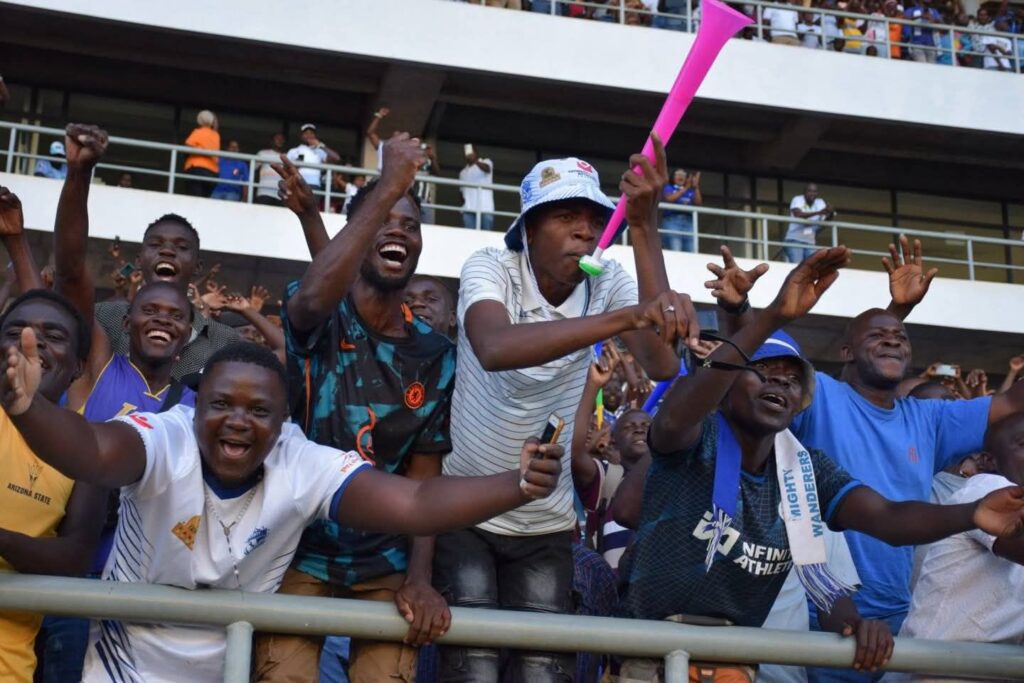By Burnett Munthali
When President Lazarus Chakwera assumed office in 2020, he introduced his “Hi-5” agenda, outlining five pillars meant to guide his administration toward a better Malawi. Four years into his presidency, it’s important to critically assess how the Chakwera administration has fared in achieving the goals of servant leadership, national unity, prosperity, ending corruption, and upholding the rule of law. While there have been some successes, the challenges remain numerous and in some cases, the promises have not materialized as expected.
Servant leadership: A struggle amidst leadership paralysis
One of the core principles Chakwera campaigned on was “servant leadership,” a commitment to put the needs of the people above personal or political interests. However, over the course of his tenure, this ideal has often been overshadowed by indecisiveness, particularly in moments of national crisis. A glaring example of this occurred during the Chikangawa plane crash in 2022, where the President’s delay in taking immediate action and offering clear guidance left the nation frustrated and confused. His failure to make swift decisions during critical moments has diminished public confidence in his leadership.
Furthermore, his administration faced significant challenges during cabinet reshuffles. While reshuffles are commonplace, the delayed and indecisive nature of these changes, especially when crucial leadership roles were left vacant or under the purview of individuals with questionable qualifications, further diluted Chakwera’s image as a decisive leader. The cabinet reshuffle, at a time when effective governance was urgently needed, became a symbol of political maneuvering rather than a response to the country’s needs.
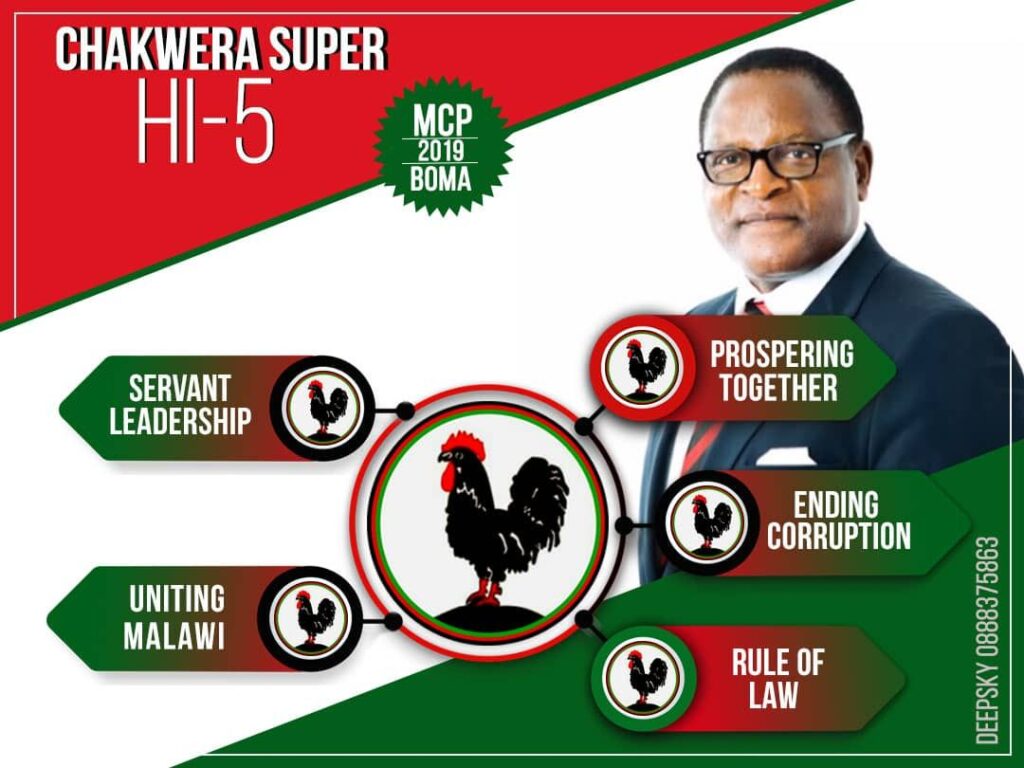
Uniting Malawi: A struggle amidst political division
Chakwera’s call to “unite Malawi” has proven to be a difficult challenge, particularly as political violence has worsened under his administration. The unity he envisioned has been undermined by a steady rise in political thuggery, especially among armed Malawi Congress Party (MCP) supporters. The most notable incidents were the brutal attacks on peaceful protestors and the storming of Parliament by MCP thugs in 2022. While the August House was in session, these violent acts of aggression occurred, all while chanting “boma ndi lomweli” (“the government is one”), a slogan that reflected the party’s increasingly authoritarian and undemocratic posture.
Despite numerous calls for reconciliation and dialogue, Chakwera’s government struggled to contain political violence and address the growing concerns over the use of party-affiliated militias to suppress opposition and dissent. Instead of bringing the nation together, his administration’s tolerance of this violence sent a clear message that political power could be maintained through intimidation, not through the rule of law or dialogue.
Prospering together: A promise unmet amid economic decline
“Prospering Together” was another pillar of Chakwera’s campaign, a promise that his administration would foster economic growth and shared prosperity. Unfortunately, the opposite has occurred. The Malawi kwacha’s devaluation and the skyrocketing cost of living have placed a significant strain on businesses and households alike. Both small and large businesses have struggled to stay afloat as inflation surged, and the promised economic prosperity has remained elusive for most Malawians.
Instead of a thriving economy, Malawi has seen more people fall into poverty, with unemployment continuing to rise. The lack of concrete policies to address inflation, the high cost of living, and the weak performance of essential sectors such as agriculture and manufacturing has exacerbated the situation. While international aid has flowed into the country, it has often failed to reach those in most need due to systemic inefficiencies and poor governance.
Ending corruption: A hollow promise in the face of scandal
One of Chakwera’s most high-profile promises was to combat corruption at all levels of government. Yet, despite the administration’s stated commitment to rooting out graft, corruption continues to thrive within the highest echelons of government. Allegations of corruption at State House, in the police service, the judiciary, and Parliament, paint a damning picture of a government that has struggled to bring the perpetrators of corrupt activities to justice.
Rather than ending corruption, Chakwera’s administration has seen an increase in the very practices he vowed to eliminate. From the misappropriation of public funds to the dubious appointments and the failure to act against those involved in corruption scandals, the lack of accountability has been glaring. In fact, corruption investigations are often delayed, dismissed, or outright ignored, further entrenching the culture of impunity within the government.
Rule of law: A casualty in the face of political violence
The final pillar of Chakwera’s Hi-5 agenda, “Rule of Law,” is perhaps the most critical, yet also the most compromised under his leadership. Political violence has surged under his watch, with incidents of armed MCP supporters openly wielding pangas (machetes) in broad daylight. These acts of intimidation have been funded and perpetrated by the ruling party, creating a climate of fear that undermines the rule of law and the ability of citizens to express dissent freely.
Instead of upholding the rule of law, Chakwera’s government has allowed these violent acts to flourish. The judiciary, which should have acted as a neutral body to ensure justice, has also been undermined by political influence, reducing its independence. The growing fear of political retaliation, combined with the lack of legal recourse for victims of violence, has eroded public trust in the country’s legal and justice systems.
Conclusion: A Hi-5 that has fallen short
After four years in office, Chakwera’s Hi-5 agenda has largely failed to live up to the expectations set during his campaign. His promises of servant leadership, national unity, economic prosperity, corruption eradication, and the rule of law have been marred by indecision, political violence, economic decline, and corruption scandals. The Chakwera administration’s inability to deliver on these core promises has led to widespread disillusionment among the Malawian public.
As Malawi prepares for the 2025 elections, the legacy of the Chakwera Hi-5 will be one of missed opportunities and unfulfilled promises. Whether or not the country can turn the tide depends on the leadership that will take the reins in the future and the ability to address the deep-rooted issues that have hindered Malawi’s development under the current regime. The Chakwera administration’s vision for a united, prosperous, and just Malawi remains largely unfulfilled, and the question remains whether the next leader can truly transform these promises into reality.


